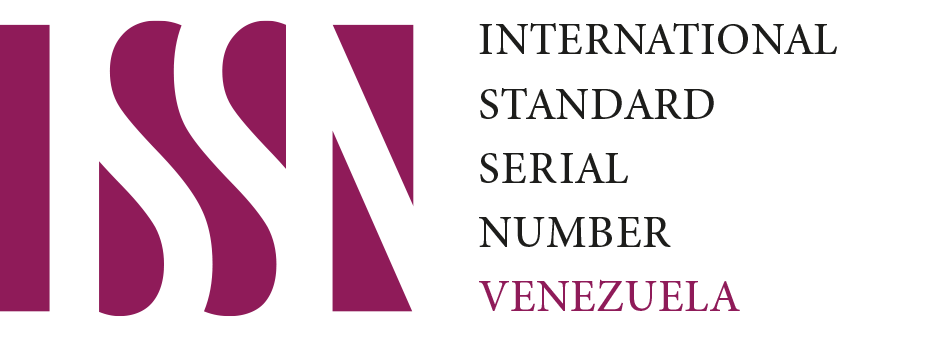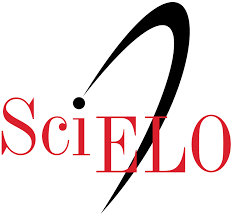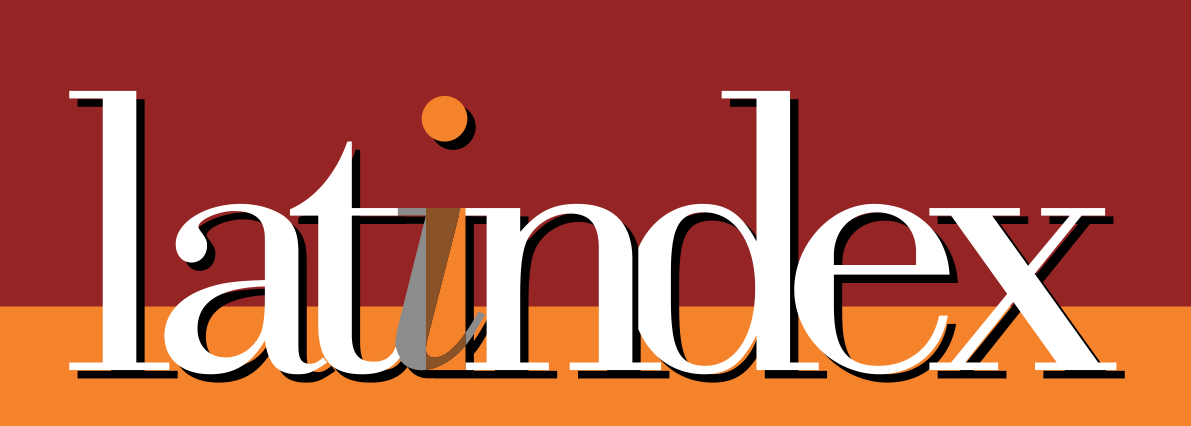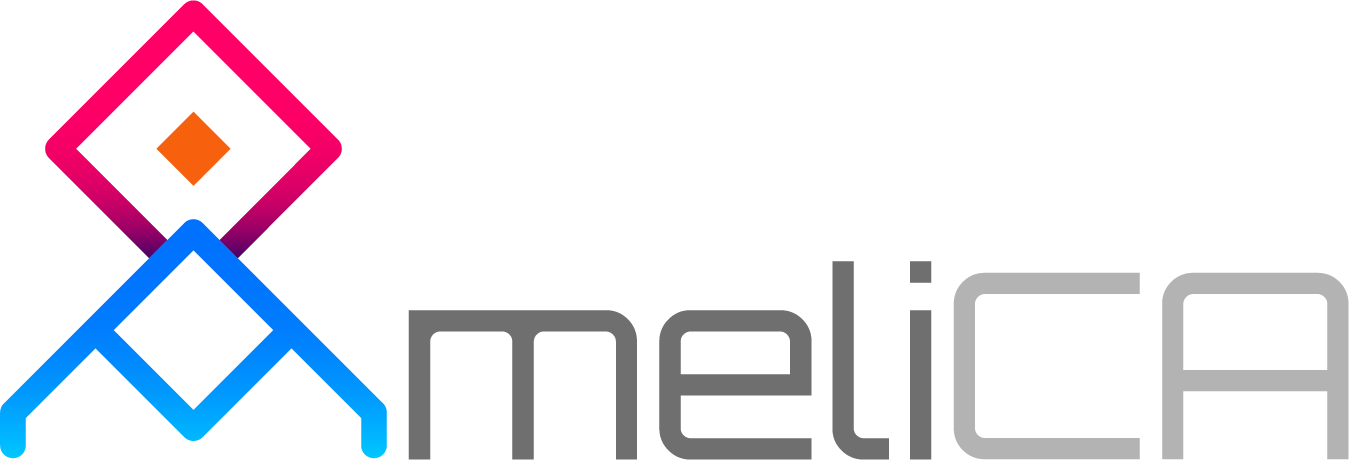Agentes convencionales de IA y Blockchain en educación superior: un marco para la personalización dinámica del aprendizaje y la certificación inmutable de microcredenciales
DOI:
https://doi.org/10.61286/e-rms.v3i.284Palabras clave:
inteligencia artificial, Blockchain, educación superior, personalización dinámica, microcredencialesResumen
El presente estudio aborda la necesidad de un marco arquitectónico integrado que combine las capacidades de adaptación de los agentes de Inteligencia Artificial con la garantía de confianza de la tecnología Blockchain en el contexto de la educación superior. El objetivo de esta investigación fue diseñar una solución conceptual que respondiera simultáneamente al imperativo pedagógico de la personalización dinámica del aprendizaje y al desafío de la integridad académica derivado del uso de la inteligencia artificial generativa. La metodología empleada se basó en el rigor del Diseño Conceptual, estableciendo los requisitos funcionales y no funcionales necesarios para la convergencia de ambas tecnologías. El primer resultado es la formulación de una arquitectura de tres capas: la capa de personalización, el motor de validación y la capa de certificación inmutable. Un hallazgo fundamental es el diseño del Motor de Validación de Competencias, que funge como un punto de control ético y de integridad, al definir disparadores de certificación que consideran variables no pedagógicas, como el bajo riesgo de plagio por Inteligencia Artificial, antes de activar el proceso. Finalmente, el marco concluye con la conceptualización de la microcredencial adaptativa, cuyo logro individualizado es registrado de manera permanente mediante un contrato inteligente. Esta investigación contribuye al campo al ofrecer a las instituciones académicas un modelo viable para certificar los logros de un aprendizaje personalizado con rigor académico y verificabilidad global.
Descargas
Citas
Alqahtani, T., Badreldin, H. A., Alrashed, M., Alshaya, A. I., Alghamdi, S. S., bin Saleh, K. A., Alowais, S. A., Alshaya, O. A., Rahman, I., Al Yami, M. S., & Albekairy, A. M. (2023). The emergent role of artificial intelligence, natural learning processing, and large language models in higher education and research. Research in Social & Administrative Pharmacy, 19(8), 1236–1242. https://doi.org/10.1016/j.sapharm.2023.05.016
Al-Zahrani, A. M. (2023). The impact of generative AI tools on researchers and research: Implications for academia in higher education. Innovations in Education and Teaching International, 61(5), 1029–1043. https://doi.org/10.1080/14703297.2023.227144
Bonnet, S., & Teuteberg, F. (2025). Unfolding the potential of generative artificial intelligence: Design principles for chatbots in academic teaching and research. International Journal of Knowledge Management (IJKM), 21(1), 1–25. https://doi.org/10.4018/IJKM.368223
Cooper, G. (2023). Examining science education in ChatGPT: An exploratory study of generative artificial intelligence. Journal of Science Education and Technology, 32(3), 444–452. https://doi.org/10.1007/s10956-023-10039-y
Dhananjaya G. M., Goudar, R. H., Kaliwal, R. B., Rathod, V. K., Deshpande, S. L., Kulkarni, A., & Hukkeri, G. S. (2024). Enhancing education with ChatGPT: Revolutionizing personalized learning and teacher support. EAI Endorsed Transactions on Internet of Things, 10. https://doi.org/10.4108/eetiot.6998
Gero, K. I., Liu, V., & Chilton, L. B. (2022). Sparks: Inspiration for science writing using language models. In F. Mueller, S. Greuter, R. A. Khot, P. Sweetser, & M. Obrist (Eds.), DIS 2022 - Proceedings of the 2022 ACM Designing Interactive Systems Conference: Digital Wellbeing (pp. 1002–1019). Association for Computing Machinery. https://doi.org/10.1145/3532106.3533533
Grossmann, G. U. (2012). El aura de la obra de arte y la desaparición del original. Anales Del Instituto De Investigaciones Estéticas, 34(100), 241–247. https://doi.org/10.22201/iie.18703062e.2012.100.2333
Halaweh, M. (2023). ChatGPT in education: Strategies for responsible implementation. Contemporary Educational Technology, 15(2), ep421. https://doi.org/10.30935/cedtech/13036
Howell, B. E., & Potgieter, P. H. (2023). What do telecommunications policy academics have to fear from GPT-3? Telecommunications Policy, 47(7), 102576. https://doi.org/10.1016/j.telpol.2023.102576
Hsu, Y. C., & Ching, Y. H. (2023). Generative artificial intelligence in education, part one: The dynamic frontier. TechTrends, 67(4), 603–607. https://doi.org/10.1007/s11528-023-00863-9
Karafil, B., & Uyar, A. (2025). Exploring knowledge, attitudes, and practices of academics in the field of educational sciences towards using ChatGPT. Education and Information Technologies, 30, 11649–11692. https://doi.org/10.1007/s10639-024-13291-w
Kumar, S., Rao, P., Singhania, S., Verma, S., & Kheterpal, M. (2024). Will artificial intelligence drive the advancements in higher education? A tri-phased exploration. Technological Forecasting And Social Change, 201, 123258. https://doi.org/10.1016/j.techfore.2024.123258
Lo, C. K. (2023). What is the impact of ChatGPT on education? A rapid review of the literature. Education Sciences, 13(4), 410. https://doi.org/10.3390/educsci13040410
Martinez-Yepes, R. (2024). Artificial intelligence, racialization, and art resistance. Cuadernos de Música Artes Visuales y Artes Escénicas, 19(1), 222–235. https://doi.org/10.11144/javeriana.mavae19-1.aira
Mathew, R., & Stefaniak, J. E. (2024). A needs assessment to support faculty members’ awareness of generative AI technologies to support instruction. TechTrends, 68(5), 773–789. https://doi.org/10.1007/s11528-024-00964-z
Parker, L., Carter, C., Karakas, A., Loper, A. J., & Sokkar, A. (2024). Graduate instructors navigating the AI frontier: The role of ChatGPT in higher education. Computers And Education Open, 6, 100166. https://doi.org/10.1016/j.caeo.2024.100166
Pavlovic, D., Soler Adillon, J., & Stanisavljevic Petrovic, Z. (2024). Un profesor particular a tiempo completo: ChatGPT desde el punto de vista de los estudiantes universitarios. Revista Española de Pedagogía, 82(289), 563–584. https://doi.org/10.22550/2174-0909.4160
Peres, R., Schreier, M., Schweidel, D., & Sorescu, A. (2023). On ChatGPT and beyond: How generative artificial intelligence may affect research, teaching, and practice. International Journal of Research in Marketing, 40(2), 269–275. https://doi.org/10.1016/j.ijresmar.2023.03.001
Ramachandran, R., Bugbee, K., & Murphy, K. (2021). From open data to open science. Earth and Space Science, 8(5), e2020EA001562. https://doi.org/10.1029/2020EA001562
Ray, P. P. (2023). ChatGPT: A comprehensive review on background, applications, key challenges, bias, ethics, limitations and future scope. Internet of Things and Cyber-Physical Systems, 3, 121–154. https://doi.org/10.1016/j.iotcps.2023.04.003
Serra-Navarro, D. (2024). Inteligencia artificial, vampirismo y la caja negra: aproximación especulativa en el marco del aprendizaje automático (AA). Arte, Individuo y Sociedad, 36(4), 967–977. https://doi.org/10.5209/aris.95515
Wang, S., Scells, H., Koopman, B., & Zuccon, G. (2023). Can ChatGPT write a good Boolean query for systematic review literature search? In SIGIR ’23: Proceedings of the 46th International ACM SIGIR Conference on Research and Development in Information Retrieval (pp. 1426–1436). Association for Computing Machinery. https://doi.org/10.1145/3539618.3591703
Wardat, Y., Tashtoush, M. A., AlAli, R., & Jarrah, A. M. (2023). ChatGPT: A revolutionary tool for teaching and learning mathematics. Eurasia Journal of Mathematics, Science and Technology Education, 19(7), em2286. https://doi.org/10.29333/ejmste/13272
Zirar, A. (2023). Exploring the impact of language models, such as ChatGPT, on student learning and assessment. Review of Education, 11(3). https://doi.org/10.1002/rev3.3433
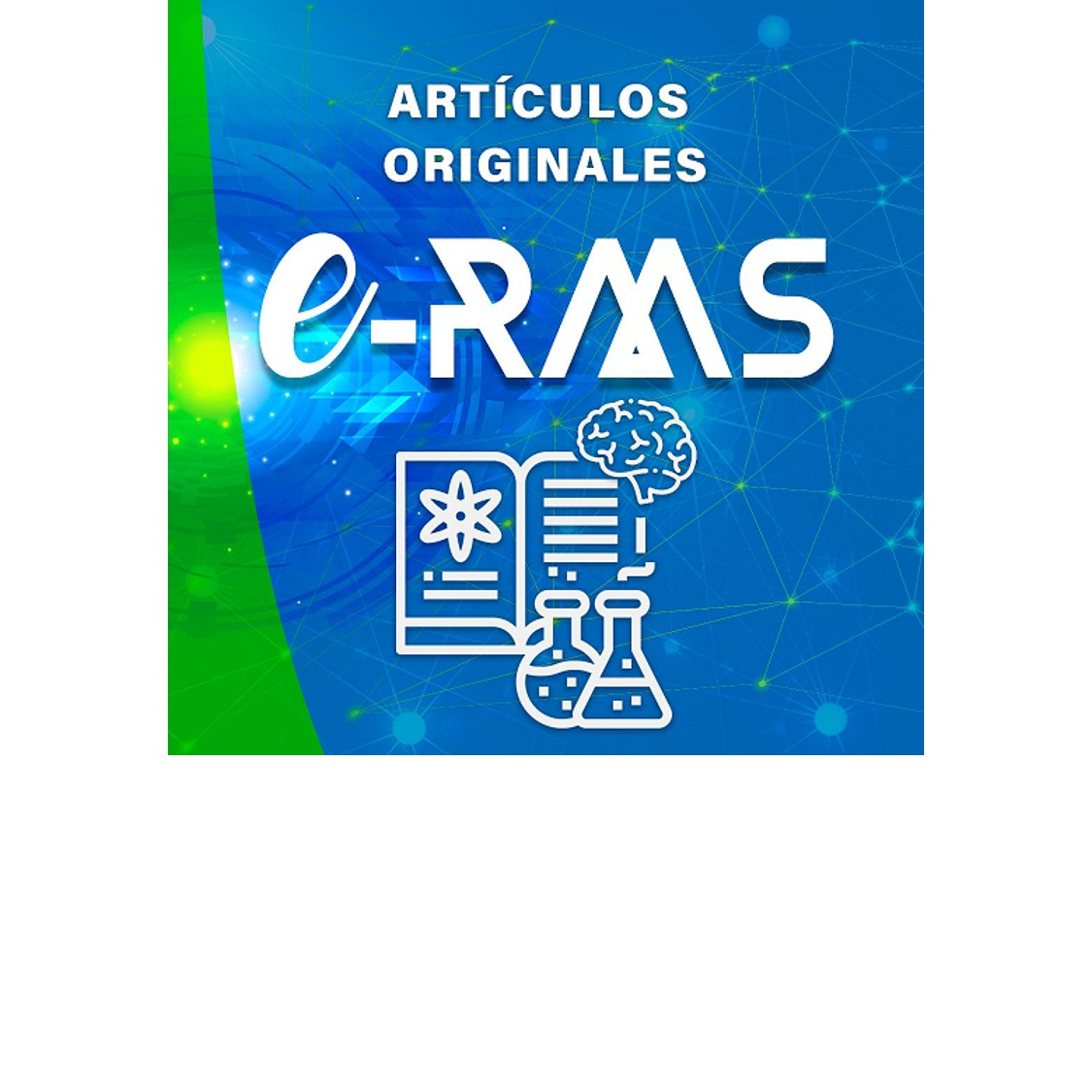
Descargas
Publicado
Cómo citar
Número
Sección
Licencia
Derechos de autor 2025 Rosmery Ruth Reggiardo Romero, Julio Giovanni Effio León, Roxana Ruth Reggiardo Romero, Jackeline Giovanna, Zubizarreta Moreno de Verástegui, María del Pilar Agreda Ciruelos

Esta obra está bajo una licencia internacional Creative Commons Atribución-NoComercial-SinDerivadas 4.0.
Las publicaciones en acceso abierto de e-RMS están protegidas por derechos reservados y se rigen por la Licencia Pública Creative Commons Attribution-NonCommercial-NoDerivatives 4.0 International (CC BY-NC-ND 4.0). Se permite el uso no comercial de este material, con atribuciones al autor. No se permiten derivados de esta versión.

